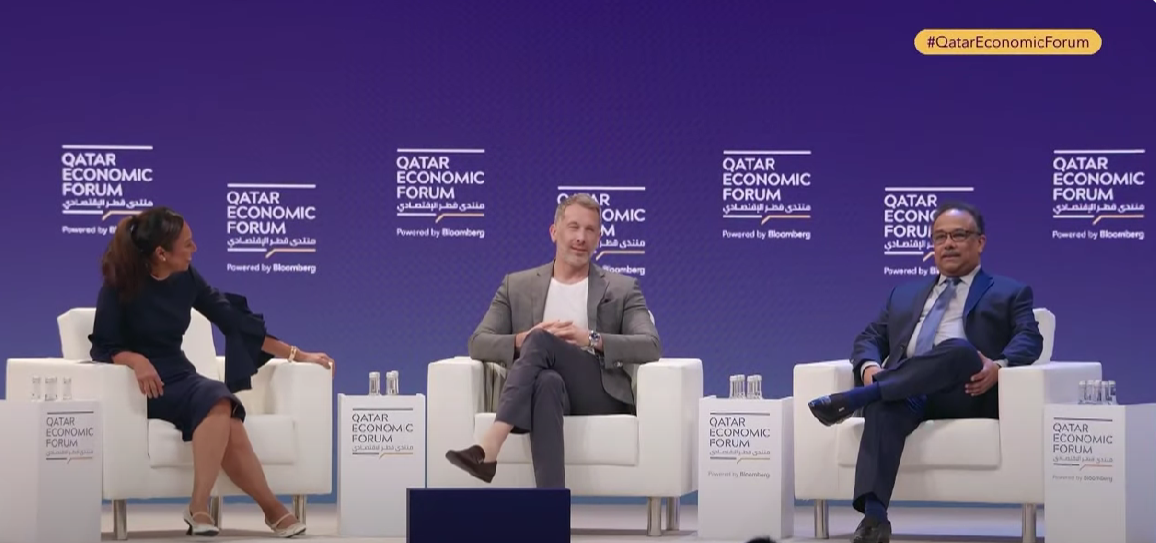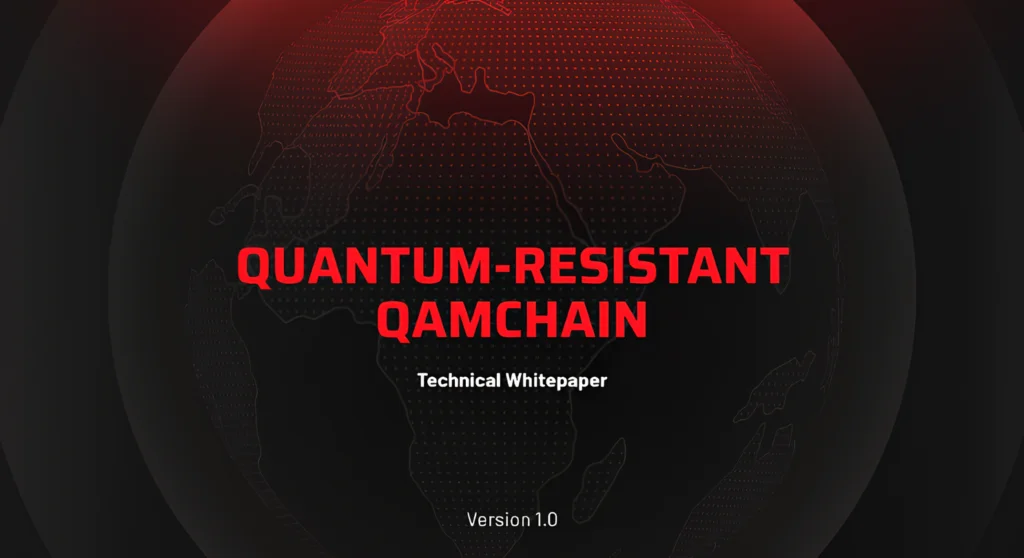At an intriguing session at the Qatar Economic Forum 2024, Michael Biercuk and Rajeeb Hazra discussed the mystery surrounding quantum computing and its colossal transformative potential across global industries. The world is on the brink of a quantum revolution. The insights that he brings to bear on the future of this enabling technology invoke suspense.
In his comments on the highly debated topic of quantum supremacy, Biercuk noted current tangible steps taken in this direction.
“We’re legitimately talking about comparing today’s quantum computers to the world’s biggest supercomputers,” said Biercuk. “That’s the kind of comparison we make.” This statement stresses the remarkable things achieved in harnessing the counterintuitive principles of quantum mechanics for computational prowess.
However, Biercuk cautioned against the allure of fantasies surrounding quantum computing, saying: “Quantum computing is not magic pudding. It doesn’t solve everything. It doesn’t fix everything. It doesn’t replace all computers.” His pragmatic stance highlights the need for a grounded understanding of quantum computing’s capabilities and limitations.

Hazra, the CEO of Quantinuum, echoed this sentiment: “Quantum gives us the ability to look at physical interactions in a way, and then from that create new physical things that you couldn’t have done before.” He pinpointed areas where the greatest change lies in quantum computing: for example, personalized medicine, sustainable energy and materials science through models of chemical interactions which could lead to breakthrough innovations.
One of the pressing concerns surrounding quantum computing is the potential for exacerbating societal inequalities due to its anticipated high cost and complexity. Addressing this, Hazra expressed optimism.
“The advent of quantum computing in an era where cloud is pervasive is a very good way to democratize access,” said Hazra. His vision aligns with the ethos of open science and collaboration, which has been a driving force behind quantum computing’s progress.
Biercuk echoed this sentiment, pointing out the importance of international cooperation: “The thing that will hurt us the most, that will lead to the greatest inequality in a really negative sense is techno nationalism.” His words serve as a rallying cry against isolationist tendencies that could impede the equitable distribution of quantum computing’s benefits.
Amidst the quantum computing race, there are insights that come from Biercuk and Hazra which provide a reasoned perspective. Building a case for caution in terms that may fly in the face of the revolutionary promise that quantum computation often evokes, theirs is a disruptive potential combined with respect for where that potential actually lies. It will ensure international collaboration in pursuit of an in-depth understanding of the capabilities and limitations of the technology, and in the process of harnessing the quantum revolution, we shall make a better future for all.
Featured image: Credit: Qatar Economic Forum 2024
















